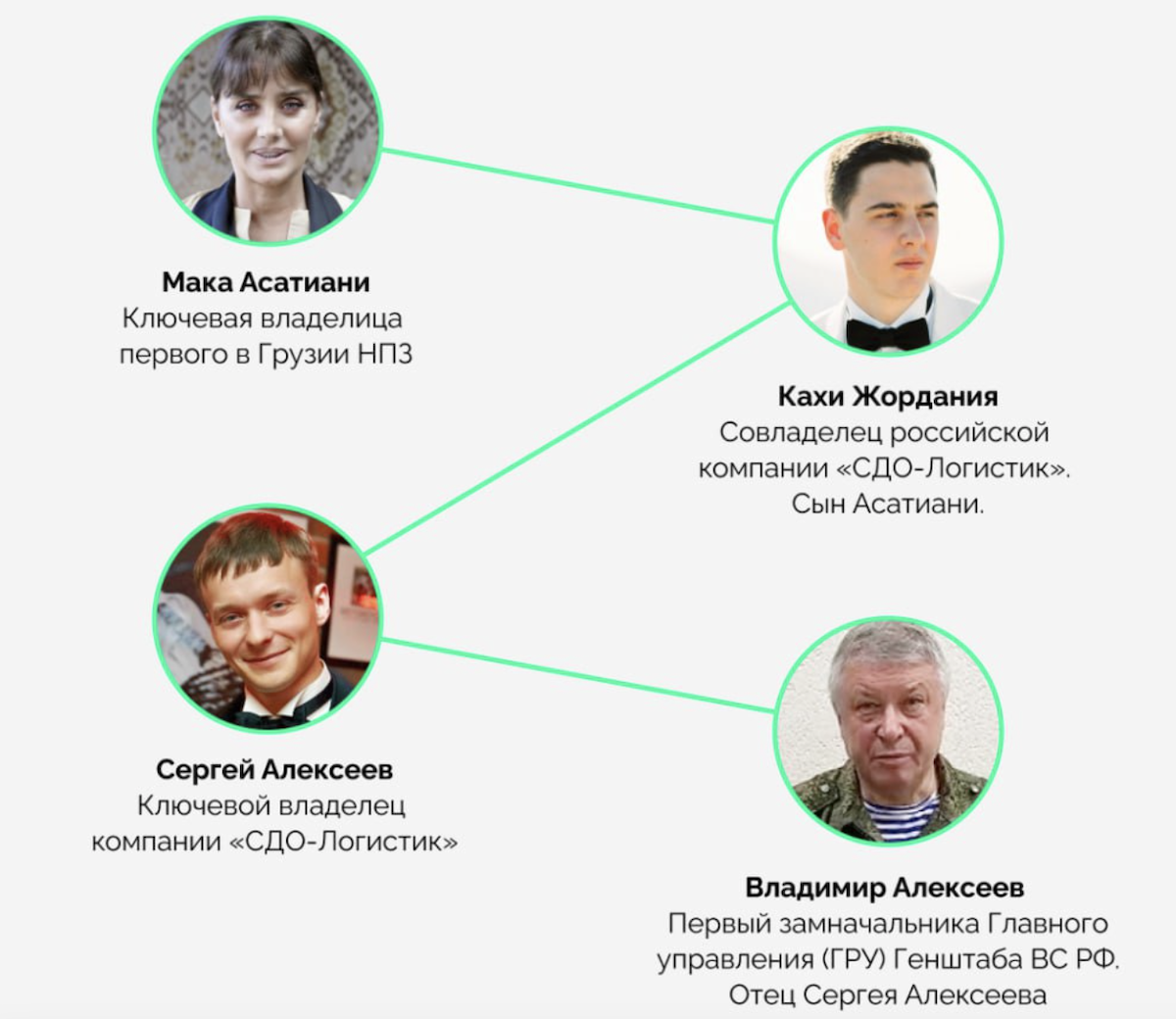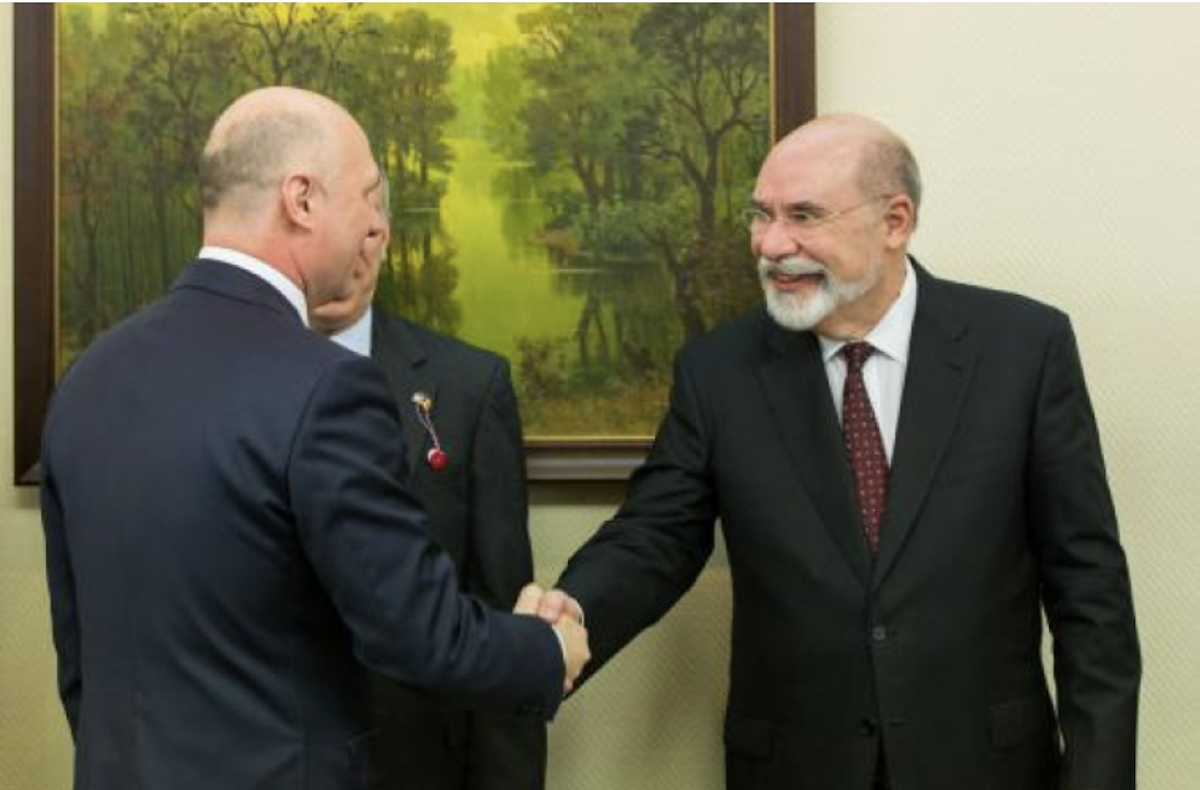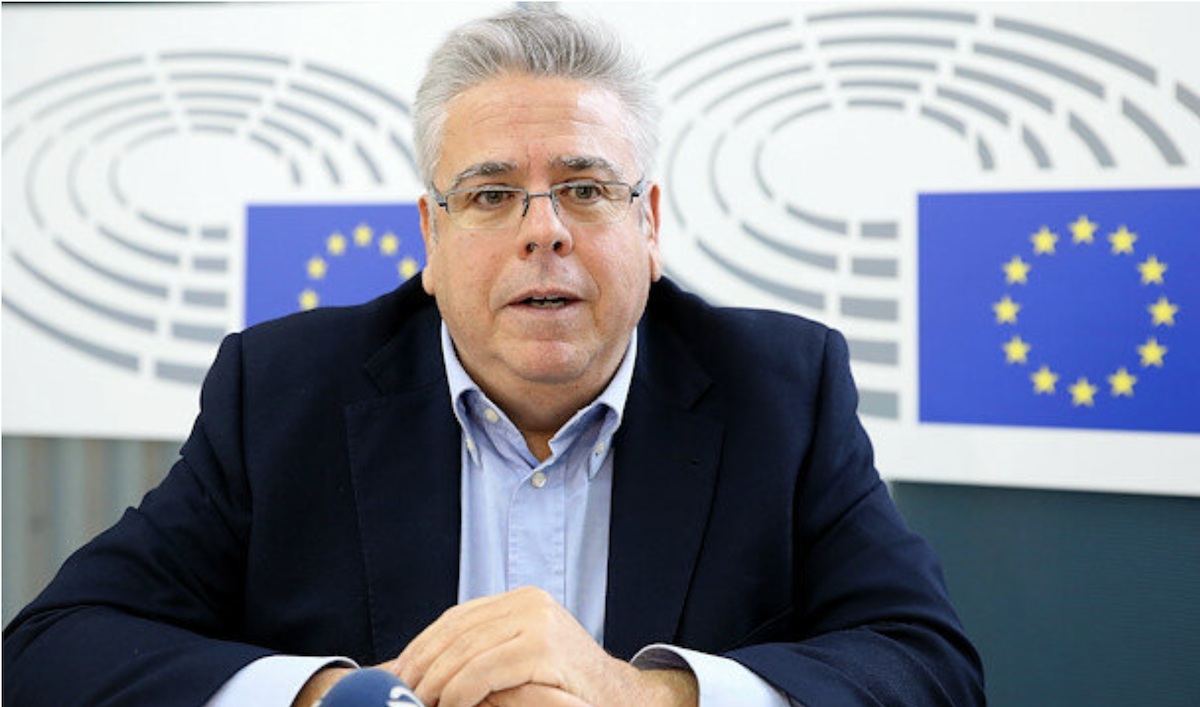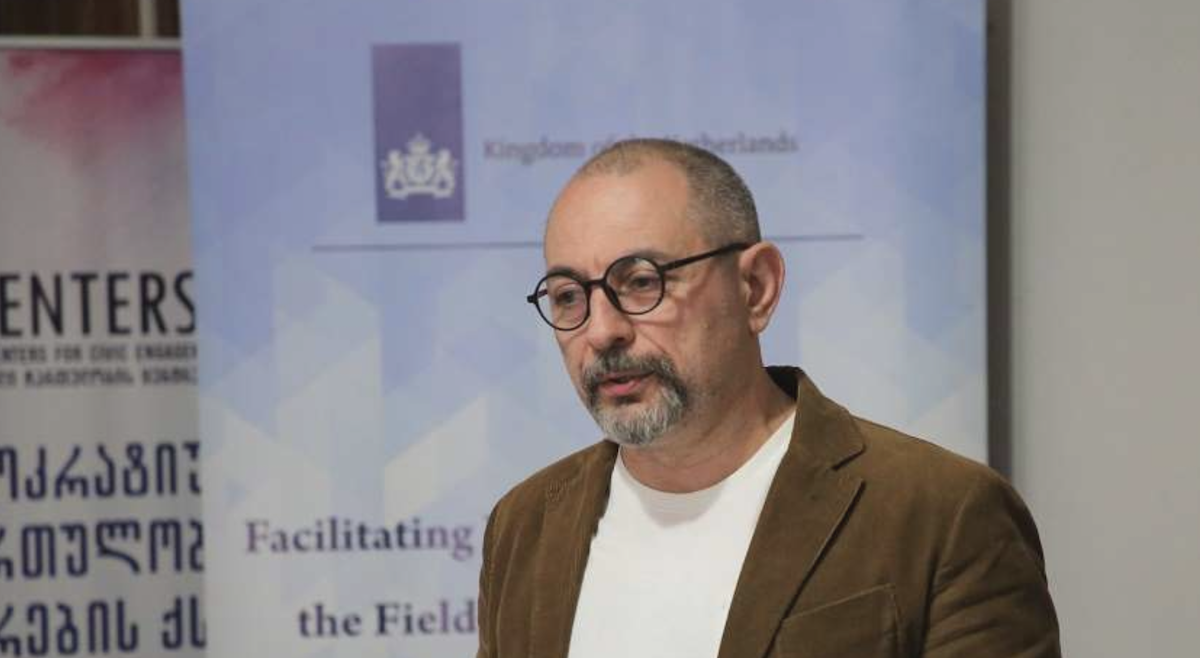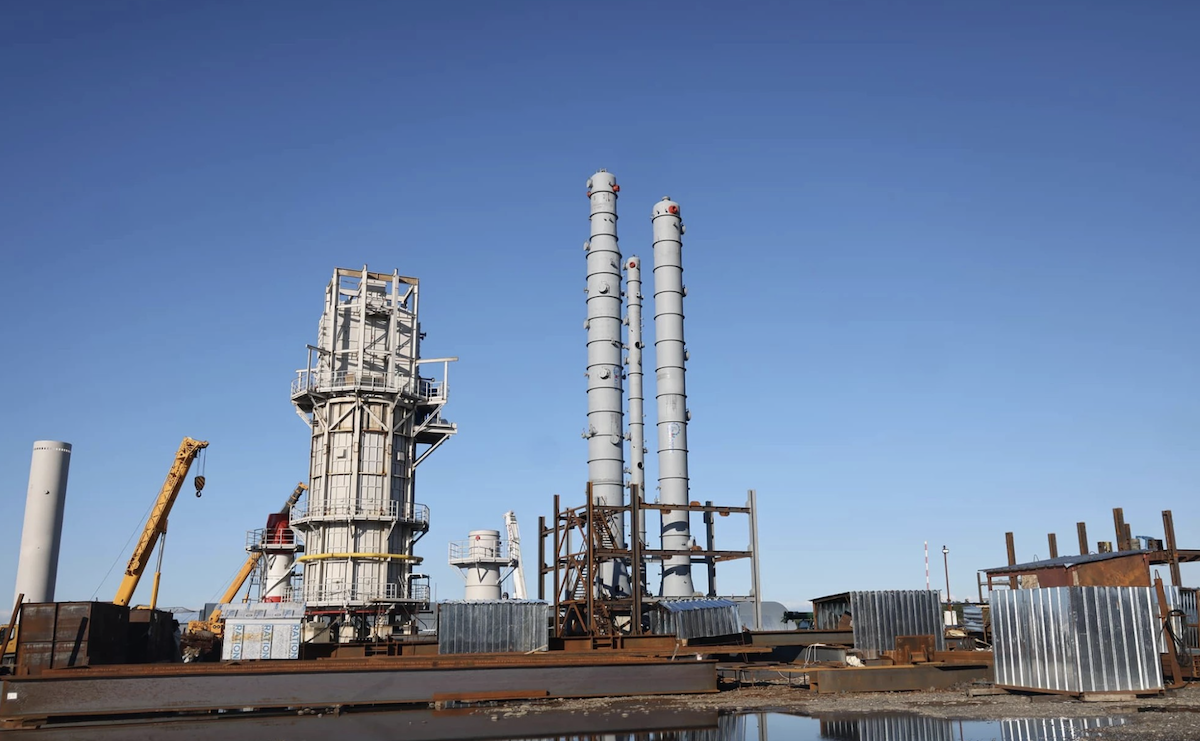Georgia helps Russia evade sanctions, study finds
Georgia helps Russia evade sanctions
The UK-based Foreign Policy Centre has published a report on how Russia is evading Western sanctions, claiming that Georgia lies at the heart of the scheme.
Shalva Papuashvili, chair of the ruling Georgian Dream parliamentary faction, commented on the findings: “They can contact Mr O’Sullivan, the EU’s sanctions coordinator, and ask whether Georgia is being used [by Russia] to bypass sanctions. He will give them the answer instead of us.”
What report says
According to the report, Western sanctions imposed on Russia after its invasion of Ukraine — designed to shrink the Kremlin’s military budget — have instead created a “sanctions bubble”: an adaptive network of offshore jurisdictions and intermediaries that turn restrictions into profit.
“At the centre of this system stands Georgia, which has evolved from passive circumvention to strategic facilitation, leveraging its geography, financial infrastructure, and political flexibility to become a key node in Russia’s sanctions-evasion network” the Foreign Policy Centre writes. “Georgia has transformed sanctions into opportunity, embedding itself as an indispensable node in sanctions-evasion networks.”»”
The organisation says the war in Ukraine and Western sanctions have opened up new economic opportunities for Georgia. The country has benefited financially from trade and financial ties with Russia, deepening Moscow’s influence over Georgia’s economy and politics.
The report also notes that while many Russian tech firms are officially registered in Dubai, they often hire developers in Georgia — attracted by lower salaries and favourable tax conditions.
The article emphasises that:
- Georgian banks handle money transfers, savings, and transactions for Russian emigrants.
- Financial flows linked to Russia — including re-exports, remittances, and tourism — accounted for 14.5% of Georgia’s GDP in 2022.
- Georgia is a major re-exporter of cars to Central Asia, from where vehicles often end up indirectly in Russia.
- Imports of dual-use technologies (e.g., microchips) into Georgia have surged, suggesting re-export to Russia for military purposes. These goods enter via Black Sea ports — Batumi and Poti — and are then transported either north through Russian-controlled Abkhazia or east through Armenia, Kazakhstan, and Kyrgyzstan.
- Some goods pass through logistics and customs hubs in Tbilisi, where export documents are processed or altered to obscure their final destination (“destination laundering”).
- The report also highlights risks of concealing the origin of oil exported to Europe. Russian oil is repackaged in Georgia before being sold in Europe. By 2023, 61% of Georgia’s oil imports came from Russia.
- More than 37,000 Russian companies are registered in Georgia, most of them established after 2022.
- In 2023, Russian foreign direct investment in Georgia reached $67 million.
- In the same year, remittances from Russia and tourism brought Georgia $3.1 billion.
The Foreign Policy Centre also notes that, alongside this:
- The Georgian government adopted an offshore law providing tax benefits to those transferring assets from abroad, helping attract sanctioned elites into the country.
- The Georgian government (“Georgian Dream”) has veered away from its Euro-Atlantic path.
- The EU has suspended Georgia’s accession process due to parliamentary election violations and democratic backsliding.
The organisation also highlights a 2023 directive from the head of Georgia’s central bank, which removed the obligation for commercial banks to restrict access to accounts held by individuals under Western sanctions, unless a Georgian court issues a conviction in the relevant case.
“This policy protects oligarchs and attracts dubious business, including those engaged in fraudulent activities,” the report states, warning that if this “sanctions bubble” bursts, Georgia’s economy could collapse.
“It deepens political dependence and corruption, undermines the rule of law, and isolates Georgia from the West.”
The organisation recommends that:
- Regulatory gaps should be closed, and cooperation between Western regulatory bodies improved.
- The West should tighten the enforcement of sanctions on Georgia, but target individual oligarchs and their associates rather than the general population;
- Support should be provided to help the business elite free themselves from Russian influence;
Georgia helps Russia evade sanctions










